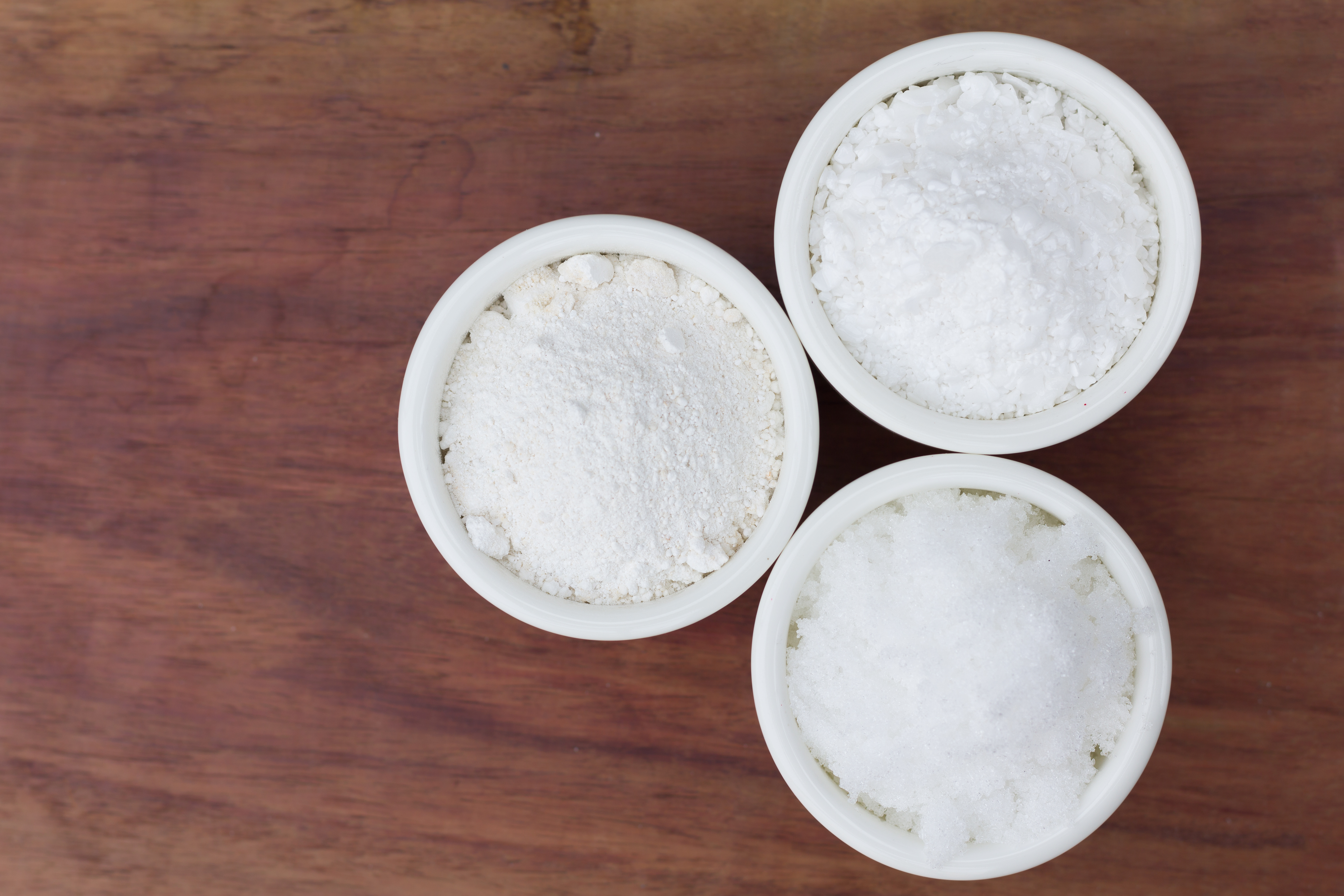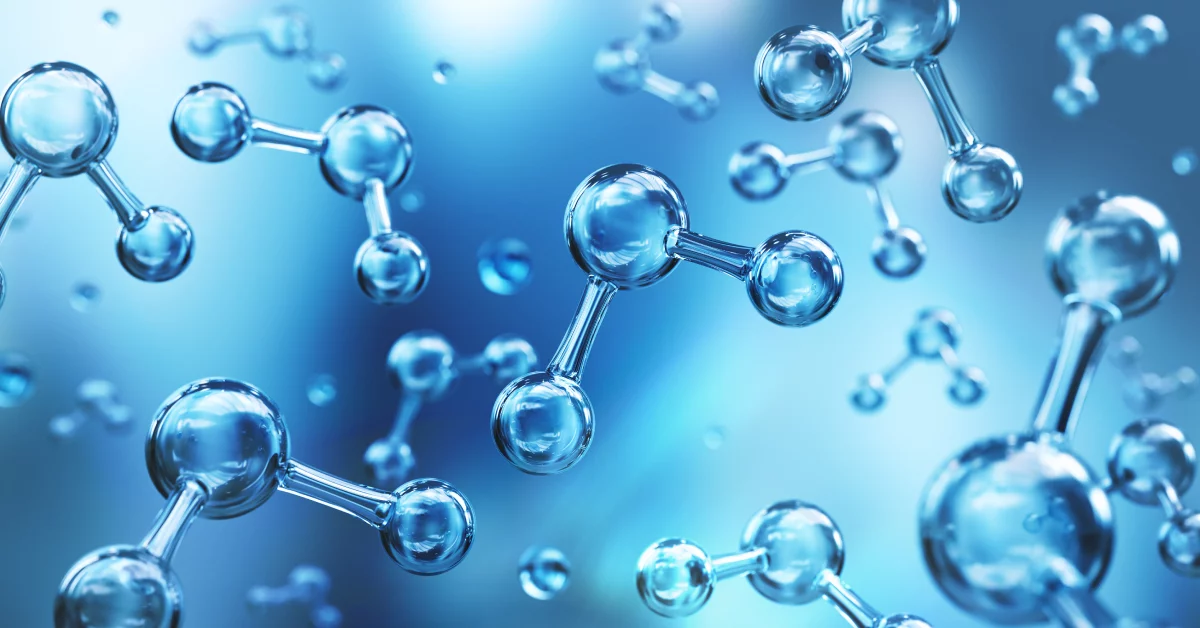The Importance of Water Chemistry in Beer Brewing
Most brewers can name three key ingredients in beer brewing: malt, yeast and hops. But what about the more mysterious fourth ingredient that is often overlooked? Yes, we’re talking about water. Water is important as it makes up more than 90% off your beer. It’s often said that the difference between a great beer and an amazing beer lies in the chemistry of your brewing water and how this matches the beer you are brewing.
In this article, our brewing experts talk you through water chemistry in beer brewing. We look at water sources, the different ions present in water, and the effect they have on your beer. Water may seem like a rather straightforward ingredient. However, in reality, it is made up of complex chemicals like salts, ions and minerals that can be evaluated and modified during the brewing process.
The general rule of thumb for beginner brewers is: if your water is drinkable and tastes good, it is suitable for brewing. There are, however, some water sources to be aware of.
Municipal water sources
Most municipal water sources are treated with chlorine or chloramines to stop the growth of bacteria as the water travels between the treatment plant and your house. This treatment can harm the growth and health of your yeast.
Well and surface water
Well and surface waters can contain lots of metallic ions, like iron, which can add a metallic taste to your beer.
Store-bought water
For the most part, store-bought water is the safest option and is also very consistent.
Top tip: Avoid volcanic waters. These contain lots of minerals and salts that can play havoc with your beer.
Troubleshooting
If you’ve brewed a batch of beer that tastes a little off, here are some suggestions for areas you can improve on.
My beer tastes like band-aids, medicinal, disinfectant
This is most commonly caused by chlorine and chloramines that have turned into chlorophenols by the yeast. To remove chlorine and chloramines from your water, use a carbon filter, Campden tablets, or boil the water for 7 mins before use. To remove chlorine, let the water sit for a while before use so that the chlorine can evaporate.
My beer tastes like pennies, blood or metallic
This is most commonly caused by iron or other metals present in the water source. These can be removed by chemical treatment or by filtering your water.
Only my pale beers or dark beers taste good
Your water has a mineral ratio that will be suitable for light or dark beers. Keep brewing the style that works for you, or look at a new water source to improve the other style.
Water Chemistry
When you are ready to transform your great beer to an amazing beer, its time to start looking at the chemistry and chemical make up of your water.
Important Water-Related Factors
pH levels
pH levels affect every step of the brewing process and will need to fall between specific ranges to optimise the brewing environment:
- In the mash, the pH should be between 5.2 and 5.6. This is the optimum range for the enzymes in your mash to function.
- During the boil, the pH drops a little bit due to the reactions of the sugars and added hops.
- As the yeast produces alcohol during fermentation, the pH of the wort lowers once again to around 4-4.5. This helps protect the beer against spoilage organisms.
- Note: If you’re making a sour beer, the pH can be as low as 2 in some extreme sour beers.
pH can be adjusted at any stage in the brewing process with acids, bases, buggers and salts. To calculate pH adjustments, use the Grainfather water calculator to adjust your pH based on source water pH, the grains that are in your beer and the style of the beer you are brewing.
Water Ions
After the pH is sorted, look more specifically at the ions present in the brewing water. These will be present at different levels depending on your source water and each ion will ultimately play a role in the end taste of your beer, either directly or by altering the perception of maltiness or hop character.
The ions we are particularly interested in are; calcium, magnesium, bicarbonate (alkalinity), sodium, chlorides and sulfates. So, what are the effects of these various ions?

Calcium
Calcium is extremely important for brewing water. It offers very little in the way of flavour contribution, but it is vital for:
- Increasing mash acidity (if you brew with very alkaline water)
- Assisting with enzyme activity
- Extracting hop bitterness
- Reducing haze
- Decreasing wort colour.
Calcium is usually added as calcium sulphate (gypsum) or calcium chloride. Calcium carbonate (chalk) used to be the most common addition. This is no longer the case as calcium carbonate is not very soluble in water and has little effect in comparison to gypsum and calcium chloride.
Magnesium
Magnesium is useful for promoting proper enzyme activity and also acts as a yeast nutrient. In small quantities, magnesium can help accentuate the flavour of the finished beer.
Sulfates & Chlorides
The ratio of chloride to sulphates is important in every beer style as this dictates the “balance” of the beer.
Chlorides enhance the beer glavour and perception of palate fullness (which is an important aspect of mouthfeel). This ion will also increase ‘sweetness’ or ‘mellowness,’making it highly desirable in malt-forward beers. Long term, chlorides increase beer stability and improve clarity.
Sulfates are particularly important in hoppy beers – making both hop character and aroma more prominent and increasing the perception of bitterness.
If the sulphate is proportionately higher than chloride, the beer is balanced towards hop-forward beers. On the other hand, if the chloride is proportionately higher than the sulphate, the beer is balanced towards malt-forward beers. If they are approximately equal, then the beer is balanced.
Sodium
Sodium can be used to add alkalinity to your brewing water and can also improve the flavour and mouthfeel of your finished beer. At excessive levels, it is harsh tasting, salty and poisonous to yeast.
Top tip: Never use iodised salt as the iodine is poisonous to yeast.
Adjust your water chemistry with the Grainfather water calculator
Because we know how confusing it can be to start adjusting the chemistry of your brewing water, we developed a water calculator as part of the recipe creator in the Grainfather app.
This calculator uses your brewing equipment, source water profile and your grain bill and calculates how much and of what salts and acids to add so that your water profile is most suitable for the style of beer you are trying to produce.
How many of you make changes to your brewing water? Do you find that it has improved the quality of your beers overall?
If you’re new to brewing and are looking to up your knowledge, check out the rest of our Brewing 101 articles. Leave a comment below or contact us on [email protected] if you have any questions. We’re happy to help!
